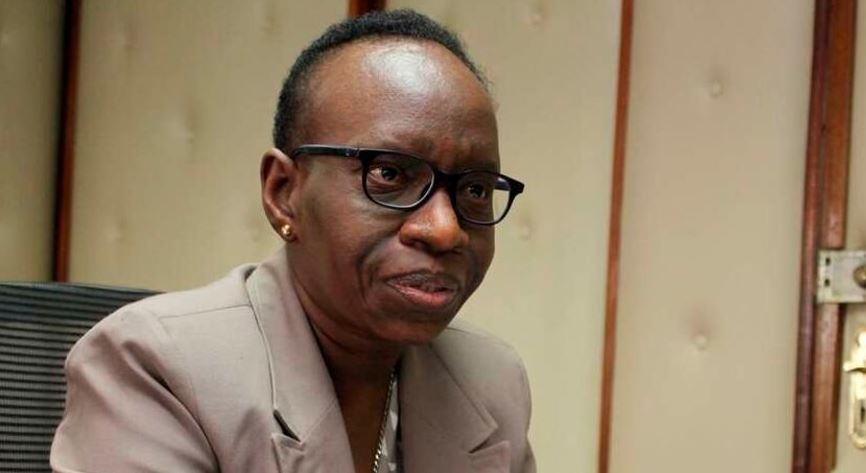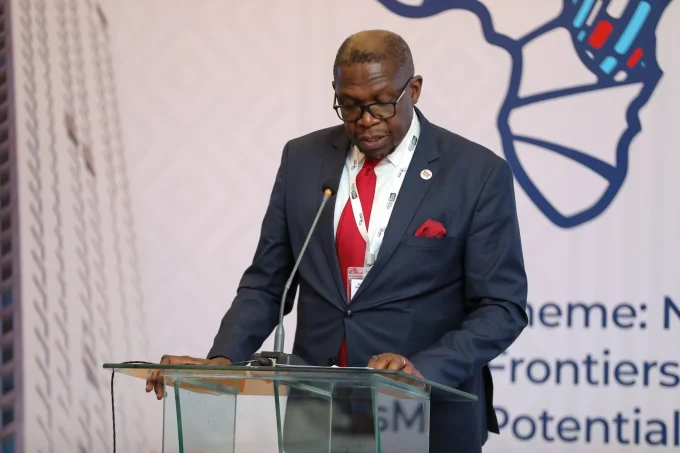An Office of the Auditor-General (OAG) investigation has found evidence of overcharging and other violations in billions of shillings worth of classroom construction contracts funded by the World Bank, which were awarded to various private contractors through normal tendering processes by the Ministry of Education.
The violations by the Ministry of Education could involve “potentially more than Ksh6 billion” in overcharging and false invoicing for project management costs, consulting services expenses, and other oversight-related expenditures, said Ms Nancy Gathungu, the Auditor-General of Kenya.
“Full value for money may not have been realised from expenditure on the construction contracts valued at Ksh6,655,812,555,” she said.
> Kenya Shilling Stable Against Dollar, Lifted By Diaspora Remittances
First, in a draft report, Gathungu revealed that despite the education ministry approving consultancy fees totalling about Ksh60 million to pay construction management consultants to help manage costs and control the project budget to avoid delays and lapses, field visits by her office to Laikipia, Baringo, and Homa Bay counties established that no professional consultants were present at project sites, and work progressed without the required supervision demanded by the World Bank’s Secondary Education Quality Improvement Project regulations.
“The works were ongoing with no evidence of supervision. In the circumstances, the occurrence and accuracy of consultancy services expenditure of Ksh60.3 million could not be confirmed,” the Auditor-General stated.
Secondly, she said, the result was substandard work by most of the 25 contractors hired to build the 1,506 classrooms, 863 laboratories, and 1,932 sanitation facilities across the counties.
“Review of works done on the construction of laboratories for God Bura and Tonga Boys secondary schools in Homa Bay County revealed cracked and peeling plastered floors. Further, the laboratory was incomplete as electrical wiring and water piping had been done, while the floors and walls were cracked,” Gathungu said in a report.
“The gas and water systems had not been connected to the laboratories. Although the defects had been noted by the school administration and reported to the contractors, no remedial work had been done,” she added, revealing that, additionally, there were 267 projects in three counties worth Ksh344 million that had stalled, with the report establishing that 23 per cent of the total number of projects were incomplete.
“However, no satisfactory explanation has been provided for the stalling of the projects. There is also no evidence of liquidated damages having been claimed from the contractors, while the performance bonds have expired, exposing the project to loss of funds,’ said Gathungu.
Moreover, 30 classrooms, 40 laboratories, four water projects, and 471 sanitation blocks valued at Ksh573 million had not been commenced as of June 30, 2024, countrywide.
“No explanations were provided for the delay in the commencement of the works. In addition, liquidated damages had not been levied by the employer,” she noted.
This Auditor-General’s report comes days after Ministry of Education officials, led by Principal Secretary Dr Belio Kipsang, announced that the government is ready to welcome Grade 9 students to secondary and high schools, where these projects are expected to be ongoing, after nearly completing all the infrastructural development to accommodate them.
Speaking on January 2, Kipsang said the government has so far constructed 13,200 classrooms against a target of 16,000. The Ministry, he revealed, had a target of 11,000 classrooms, which will be completed before schools open. The NG-CDF had a target of 6,800.
> Revealed: How KCSE 2024 Invigilators Were Paid













Leave a comment